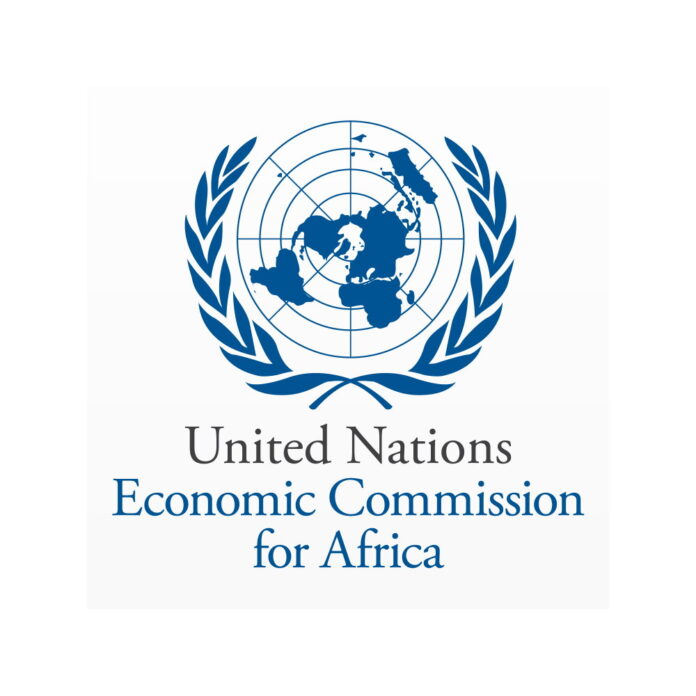Mr Antonio Pedro, Acting Executive Secretary, United Nations Economic Commission for Africa (UNECA), has called for inclusive and sustainable investment in industrialisation to enhance the economic growth in Africa.
In a statement issued on the website of UNECA, Pedro said this at an event on the sidelines of the African Union (AU), Summit on Industrialisation and Economic Diversification.
The ongoing summit is being held in Niamey, Niger from Nov. 20 to Nov. 25.
The event was on inclusive and sustainable industrialisation, as a driver of resilience and stability for the Sahel.
It was organised, on Tuesday, by the Government of Niger, the AU, UNECA Subregional Office for West Africa, and the Office of the Special Coordinator for Sahel Development.
It was also organised by the United Nations Industrial Development Organisation (UNIDO).
Pedro said that eight of the fifteen countries making up the West African sub-region were Sahelian and that it was “extremely” important to invest in industrialisation.
“At the level of intra-African sectoral trade, it is estimated that full implementation of the African Continental Free Trade Area (AfCFTA), will increase exports in agribusiness by 41 per cent, industry and services by about 40 per cent, and energy/mining by 16 per cent by 2045.
“In West Africa, including the Sahel region, exports are expected to increase by 24 per cent in industry, 23 per cent in agribusiness, and 11 per cent in energy and mining.
“As a result, in absolute terms, nearly three-quarters of the gains in exports from West Africa to Africa would come from industry,” he said.
He also said transforming economic structures was one of the five strategic foresights towards achieving the Sustainable Development Goals, directly aligned with inclusive and sustainable industrialisation.
“Structural transformations remain one of the major challenges of the countries of the Sahel with industrialisation as the main channel to achieve it.”
Also, Ms Salamatou Gourouza, Minister of Industry and Youth Entrepreneurship, Niger said the Africa could not achieve industrialisation or economic diversification without the youth and women.
“We tend to forget the youth and women. We cannot achieve industrialisation or economic diversification if we do not include them in the industrialisation value chains.
“The issue of inclusive industrialisation in the Sahel is of prime importance,” Gourouza said.
Moreover, Abdoulaye Mar Dieye, spoke on the need to have a coalition of African industries, especially the private sector, small and medium enterprises and youth.
Dieye is the Special Coordinator for Development in the Sahel.
He said they would serve as driving forces for industrialisation in the Sahel and Africa in general.
“The time for speeches and strategy design is over. Niamey Summit must be a time for action to change the narrative of the Sahel.”
The UNIDO Representative in Senegal, Christophe Yvetot spoke on the rank occupied by Africa in terms of Industrialisation.
“With 17 per cent of the world’s population, the African continent has only three per cent of the wealth, an absurd situation that must be reviewed.
“To get out of this rut, industrialisation is the right way because by boosting industry to 10 per cent, we reduce poverty by 70 per cent,” Yvetot said.
He said the industrialisation of Africa was possible.
“It is just a matter of leadership, access to land and energy, Agro-Industrial Poles establishing, barriers reducing and governance improvement,” he concluded.
The objective of the side event was to present a new narrative for the Sahel based on the opportunities for youth and women offered by industrialisation and economic diversification.
Also, it was to sensitise private and public sector participants to the potential of agribusiness activities in various value chains to further support resilience in the Sahel through growth and job creation.
Furthermore, it was to create a better understanding by participants of the strategic investments needed to support agribusiness in the Sahel, and to present Niger’s industrial priorities and best practices.




